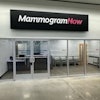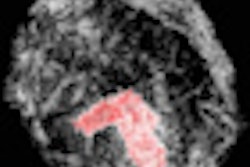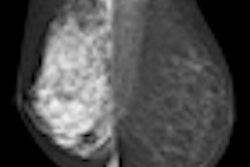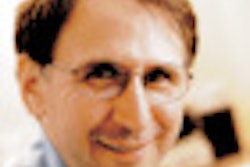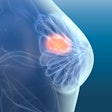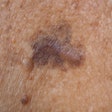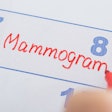As the breast density notification movement gains momentum across North America, a Canadian start-up called Densitas is putting its money into technology that will automate breast density measurement. The hope is that the software will both free up radiologists' time and standardize breast density reporting.
Based in Halifax, Nova Scotia, Densitas was established in 2011 in response to the need for improved breast density assessment during screening mammography, according to Mohamed Abdolell, the company's founder and president. Abdolell is an associate professor in the diagnostic radiology department at Dalhousie University and an affiliated scientist with the Queen Elizabeth II Health Sciences Centre, both of which are also in Halifax.
"It became clear to us that it would be valuable for radiologists to have a more standardized way to measure breast density, instead of relying on crude assessments based on BI-RADS categories -- and [having to deal with] the interradiologist variability that comes with those," Abdolell told AuntMinnie.com.
Five U.S. states -- California, Connecticut, New York, Texas, and Virginia -- now have breast density notification laws on the books, and similar bills are being considered in 12 other states and at the federal level, according to the organization Are You Dense Advocacy. Legislation on breast density notification has also been presented to Parliament (Bill C-314) in Canada.
The groundswell of support for breast density notification makes the development of density measurement software timely, according to Abdolell.
"[Our software] seems to be a natural evolution of technology, given that medicine is becoming increasingly personalized," he said.
The software, also called Densitas, produces fully automated breast density measurements on a continuous scale from 0 to 100, in real-time. It has shown strong agreement with radiologists' assessments of mammography density on full-field digital mammography images, Abdolell said.
"Densitas improves the current practice of visual assessment of mammographic density by radiologists, which is time-consuming and has been described by the American College of Radiology as 'not reliably reproducible,' " he told AuntMinnie.com. "Perhaps most importantly, making accurate visual assessments of density distracts radiologists from their primary task of detection."
The company has received early-stage commercialization funds totaling $150,000 Canadian ($152,820 U.S.) from private investors and from venture capital firm Innovacorp. Densitas plans to market its breast density measurement software to radiologists, allowing them access to the technology either online or via in-clinic integration with digital mammography and computer-aided detection software.
But Densitas also plans to offer its services directly to women, allowing them to upload their own mammography images and access Densitas software online. The product still requires U.S. Food and Drug Administration (FDA) clearance and classification as a class II adjunctive medical device, according to Abdolell.
"We expect a market-ready product within 18 months," he said.
Densitas has been developing and validating the software under a collaborative research agreement with Dr. Judy Caines, principal clinical investigator at the Queen Elizabeth II Health Sciences Centre and medical director of the Nova Scotia Breast Screening Program.
Having automated breast density measurements is important, Caines said.
"Current breast density assessment is variable and not very reproducible," she told AuntMinnie.com. "Automating the process would help women get screened more effectively and efficiently."
